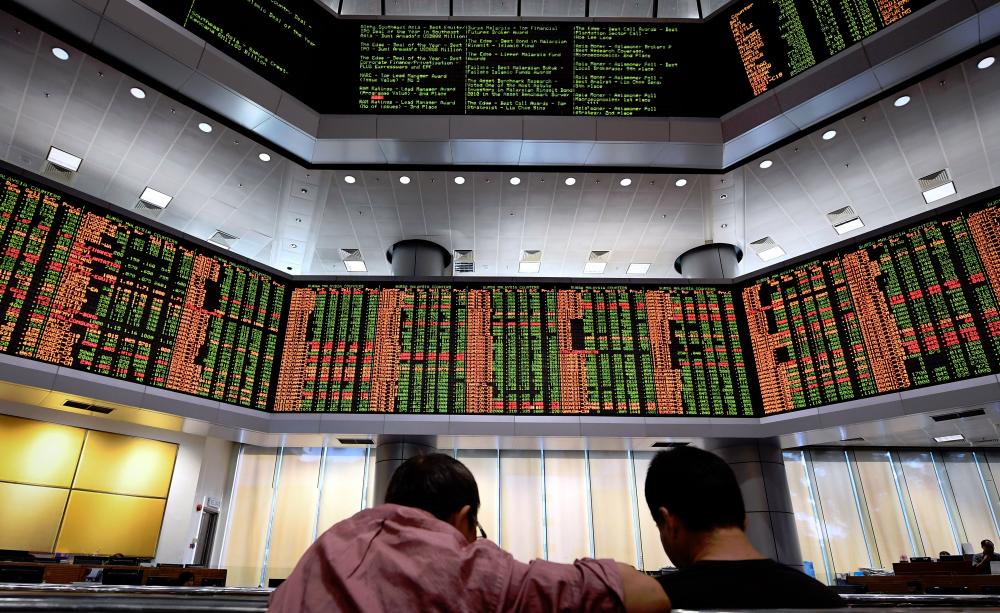PETALING JAYA: Malaysia’s corporate earnings for the second quarter have been described as “uninspiring and not very encouraging” by analysts amid pressure from the US-China trade war and low commodity prices.
Public Investment Bank head of research Ching Weng Jin commented that corporate earnings have not been very encouraging so far.
He identified the plantation and aviation sectors as those that underperformed in the second quarter as well as some weaknesses in the property sector.
“By and large, the banks have been doing okay with a few surprises,” Ching told SunBiz.
For the second quarter of 2019, Malaysia posted gross domestic product (GDP) growth of 4.9%, higher than market expectations of 4.7%.
Despite that, Ching said, there is a mismatch as there has been a slowdown in business activity and consumer spending due to lack of confidence stemming from the ongoing trade tensions between the world’s two largest economies.
To boost market sentiment, he said, Budget 2020 could be one of the drivers, especially with the introduction of expansionary measures.
Since the US-China trade war broke out a year ago, there have been no signs of a resolution between the two economic powerhouses; instead, tit-for-tat retaliation has escalated the tensions.
“If there is no progress on the external uncertainties, it is likely to be business as usual, a similar path to what we saw in the equity market in the first half of 2019,” said Ching.
JF Apex Securities head of research Lee Chung Cheng offered a similar view, stating that he expects the equity market to be subdued despite Malaysia’s strong economic performance in the second quarter.
“Corporate earnings for this quarter have been uninspiring, as most come in within or under market expectations,” he said.
He pointed out even the banks failed to beat market expectations, while the poor performance from the plantation sector was within expectations.
Meanwhile, the manufacturing sector performed below the research house’s expectations due to the ongoing US-China trade dispute.
Lee noted that Malaysian equities are trading at a premium compared with their counterparts in neighbouring countries.
“Malaysia’s earnings per share growth is behind some of the markets in the region. Indonesia and the Philippines have a better corporate growth for the year,” he said.
The FBM KLCI has declined 4.6% year to date. Bursa Malaysia’s benchmark closed at 1,612.14 points last Friday, down from 1,690.58 points at the end of last year.
During the same period, the Finance Index has dropped 10.1% to 15,550.02 points from 17,296.47 points, while the Plantation Index has slipped 0.2% to 6,889.48 points from 6,902.96 points.














